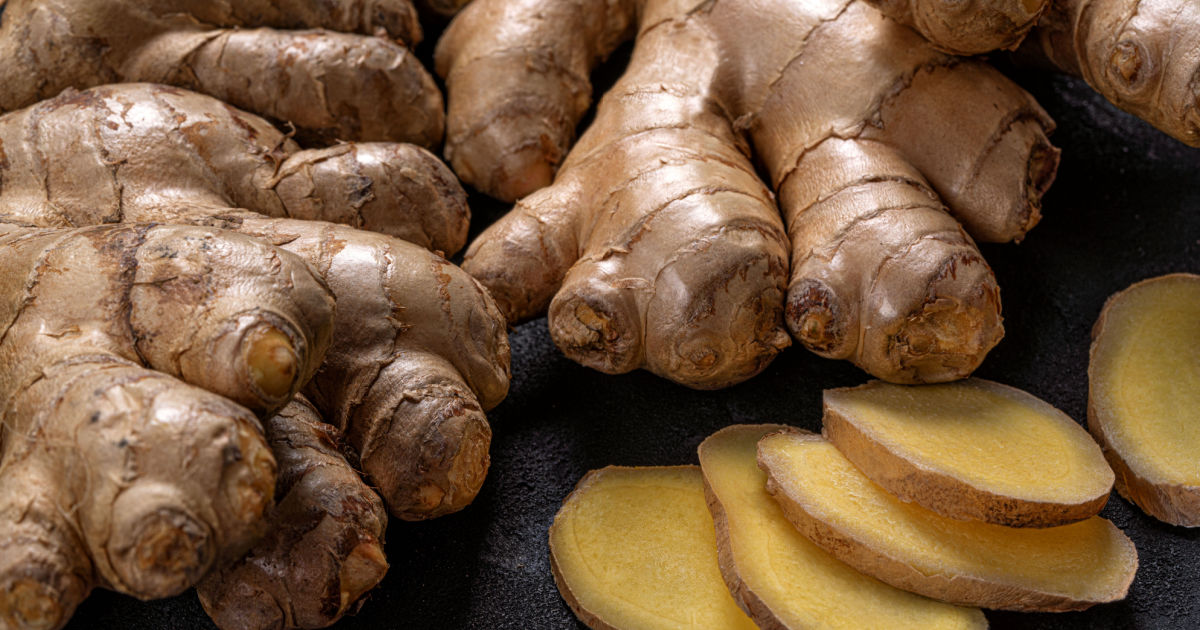Inflammation is a natural response of the immune system to protect the body from injury and infection. However, when it becomes chronic, it can contribute to various health conditions, including arthritis, heart disease, and autoimmune disorders. While medical treatments are available, natural remedies can also help control inflammation. In this article, we will explore the benefits of exercise, fish oil, turmeric, meditation, boswellia, acupuncture, and ginger in combating inflammation.
Exercise

Regular physical exercise offers numerous health benefits, and it can also play a role in reducing pain or chronic swelling. Exercise helps to control weight, improve cardiovascular health, and boost the immune system. Additionally, studies have shown that exercise can decrease the production of inflammatory molecules in the body and increase anti-inflammatory markers. Engaging in activities such as walking, jogging, swimming, or cycling can help manage chronic inflammation. At the very least, engaging your muscles in activity can lead to lower chronic issues.1
Read More: Natural Remedies for Vaginal Atrophy
Fish Oil
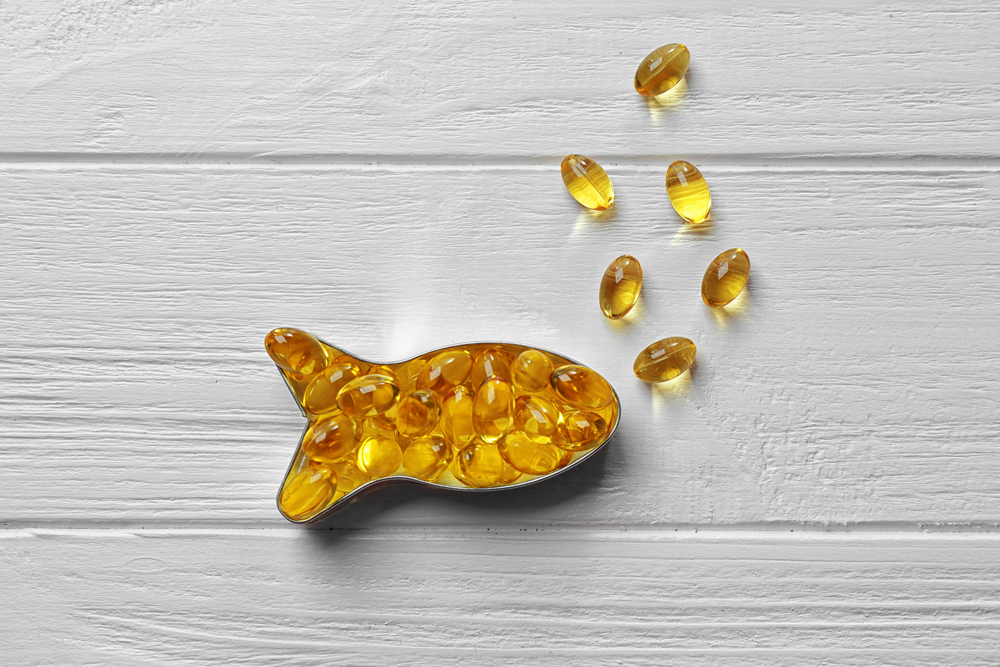
Fish oil, rich in omega-3 fatty acids, has been widely recognized for its anti-inflammatory properties.2 Omega-3 fatty acids, specifically eicosapentaenoic acid (EPA) and docosahexaenoic acid (DHA) can reduce the production of inflammatory chemicals in the body. Consuming fish oil supplements or incorporating fatty fish like salmon, mackerel, or sardines into your diet can help alleviate inflammation. However, consulting with a healthcare professional before starting any supplementation regimen is important.
Turmeric
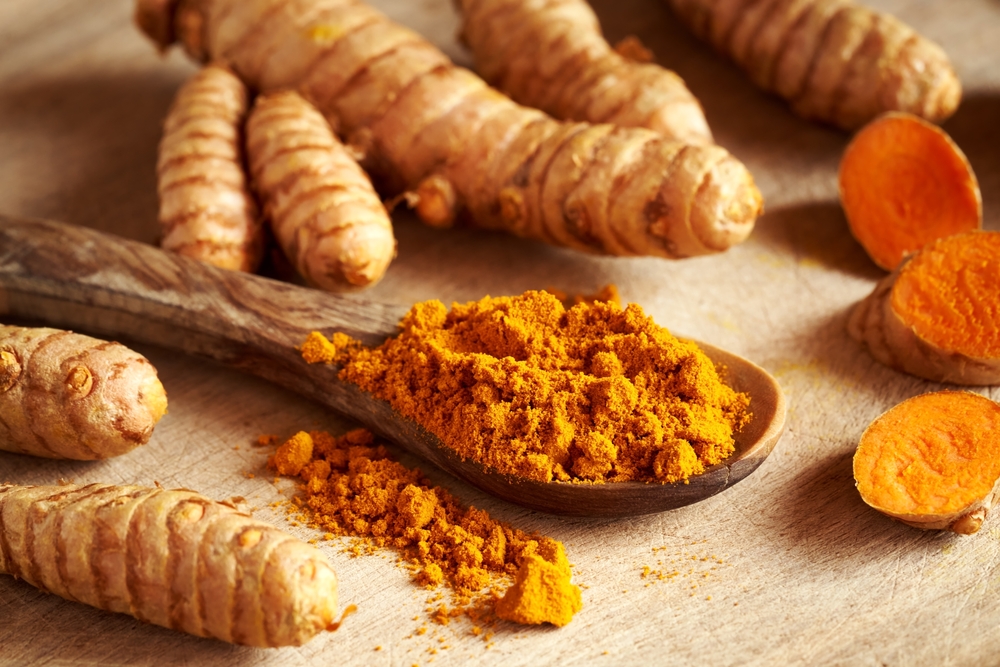
Turmeric, a spice commonly used in curry dishes, contains a compound called curcumin that exhibits potent anti-inflammatory properties.3 Curcumin inhibits various molecules involved in the inflammatory response, including cytokines and enzymes. Incorporating turmeric into your diet by adding it to meals or consuming turmeric tea can help reduce inflammation.4
Meditation

Chronic stress can contribute to blood swelling up in the body. Meditation, a practice that promotes relaxation and mindfulness, has been shown to reduce stress and inflammation. Regular meditation practice can lower levels of inflammatory markers such as C-reactive protein (CRP) and Nuclear Factor Kappa B (NF-kB).5 Taking a few minutes each day to engage in deep breathing exercises, mindfulness meditation, or guided meditation can help manage stress and decrease overall bodily pain.
Boswellia
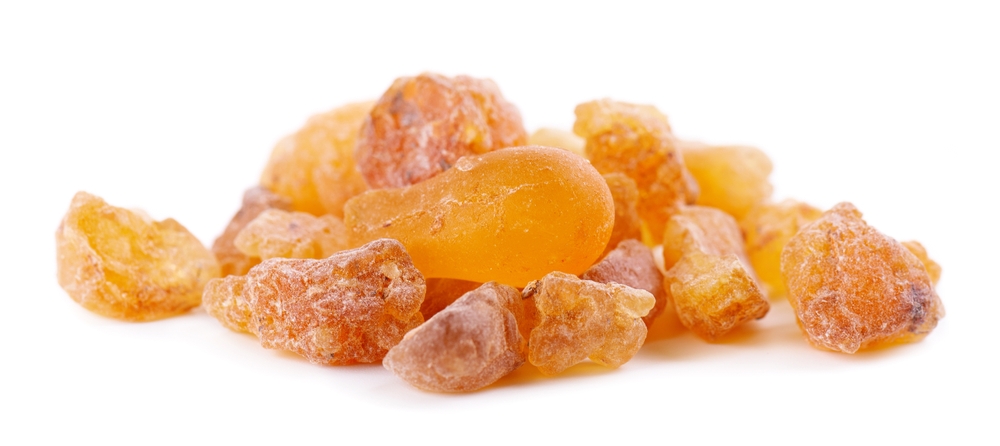
Boswellia, also known as Indian Frankincense, is an herbal extract that has been used in traditional medicine for centuries. It contains active compounds called boswellic acids, which possess anti-inflammatory properties. Boswellia extract can inhibit the production of pro-inflammatory molecules and provide relief from chronic inflammatory conditions like arthritis.6 Boswellia supplements are available in capsule or tablet form, and following the recommended dosage guidelines is advisable.
Read More: 6 Natural Remedies to Relieve Frozen Shoulder Stiffness
Acupuncture
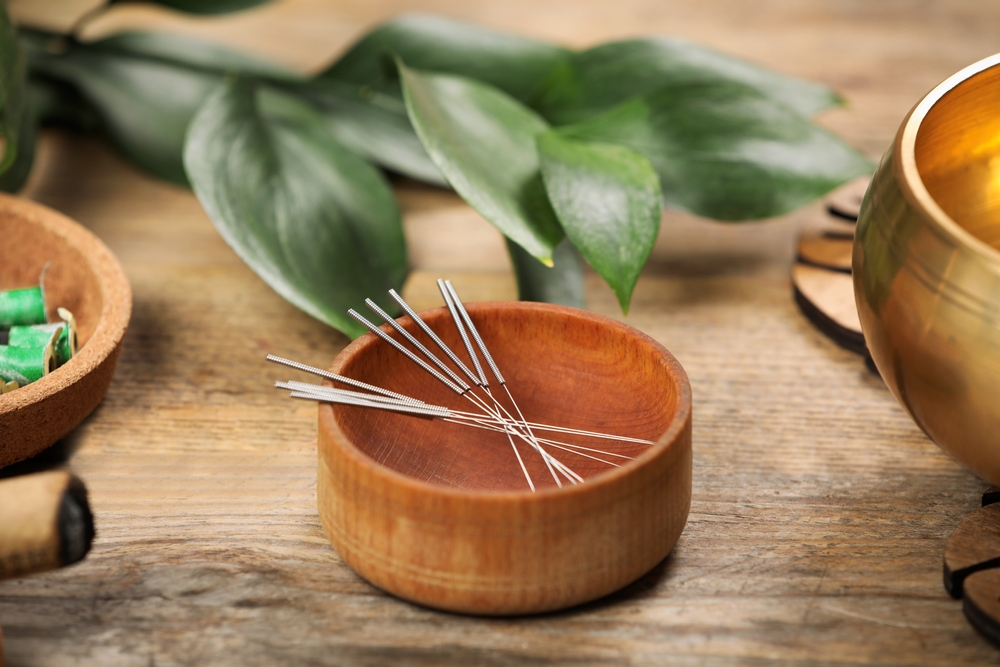
Acupuncture, an ancient Chinese therapy, involves the insertion of thin needles into specific points on the body to stimulate energy flow. This practice has shown promising results in reducing inflammation, amongst many other things.7 Acupuncture can modulate the release of inflammatory chemicals and promote the body’s natural healing response. Seeking acupuncture sessions from a qualified practitioner may help alleviate a myriad of issues and improve overall well-being.
Ginger

Ginger, a flavorful spice with a long history of medicinal use, possesses potent anti-inflammatory properties. It contains gingerol (no, not ginger ale), a bioactive compound that can inhibit inflammatory pathways.8 Consuming ginger in various forms, such as fresh ginger, powdered ginger, or ginger tea, can help. Adding ginger to meals, incorporating it into smoothies, or enjoying a soothing cup of ginger tea can be beneficial in managing chronic inflammation.
Heat Therapy
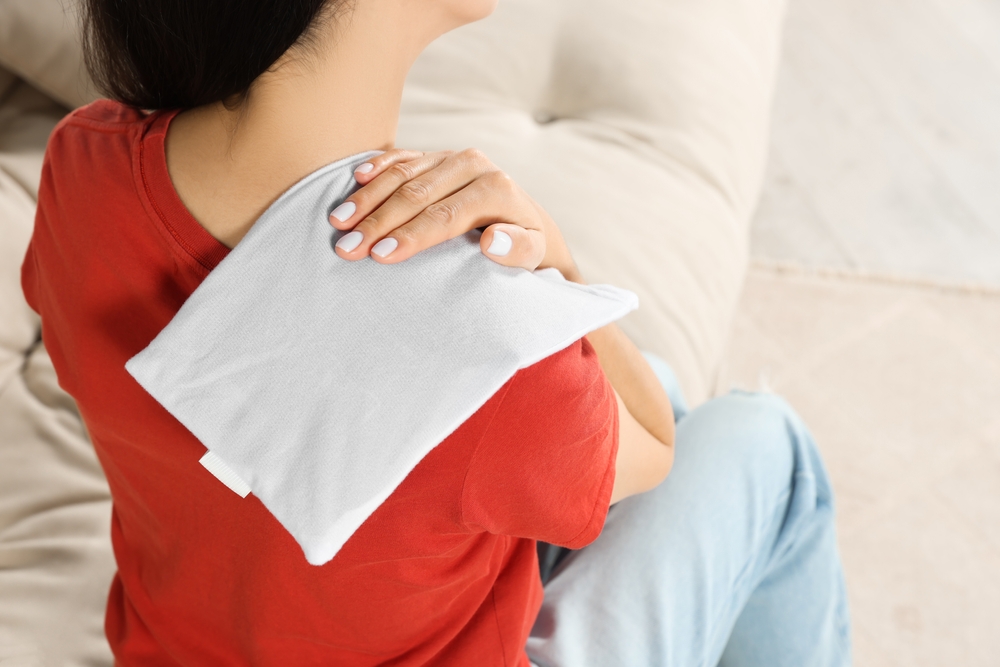
Heat therapy, such as applying warm compresses or using heating pads, can help reduce inflammation by improving blood flow, relaxing muscles, and providing pain relief. Taking warm baths or showers can also soothe inflamed areas and promote relaxation. Using hot towels or heat packs can provide localized heat therapy for targeted relief. However, it’s important to consult a healthcare professional to ensure heat therapy suits your specific condition. Incorporating heat therapy into your pain management routine can be a simple and effective way to find relief and support the body’s natural healing processes.9
Conclusion
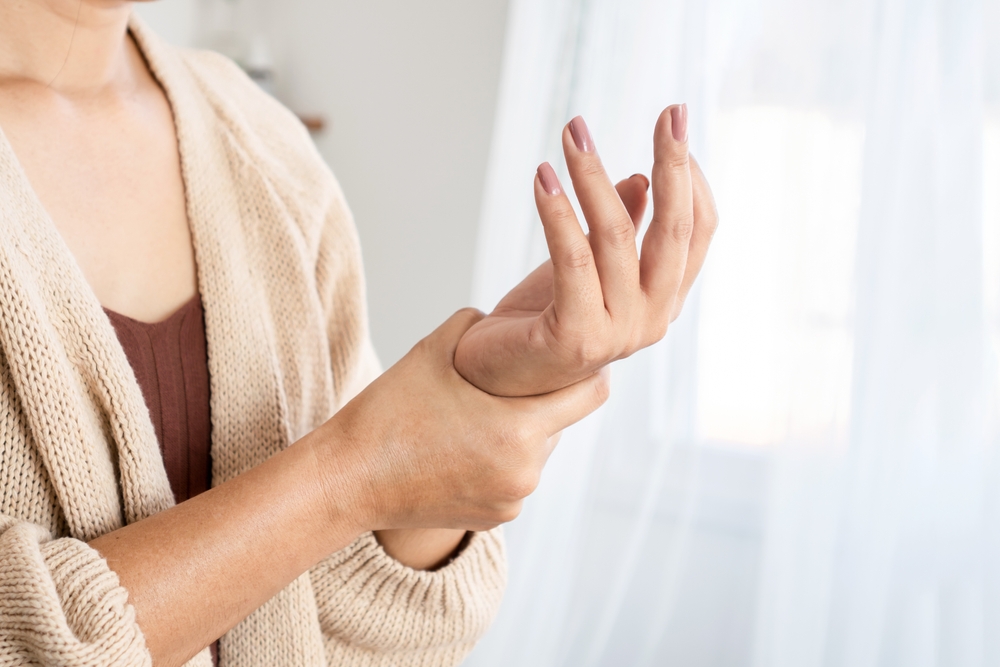
Inflammation, when chronic, can contribute to various health conditions and impact overall well-being. While medical treatments are available, incorporating natural remedies can also play a significant role in reducing this type of pain. Exercise, fish oil, turmeric, meditation, boswellia, acupuncture, and ginger each offer unique anti-inflammatory properties. By incorporating these remedies into your lifestyle, under the guidance of healthcare professionals, you can promote a healthier inflammatory response and improve your overall health and well-being.
Read More: 15 Natural Remedies to Help Your Skin Stay Young
Sources
- “Efficacy of core muscle strengthening exercise in chronic low back pain patients.” PubMed. Tarun Kumar,et al. 2015.
- “Omega-3 fatty acids (fish oil) as an anti-inflammatory: an alternative to nonsteroidal anti-inflammatory drugs for discogenic pain.” PubMed. Joseph Charles Maroon and Jeffrey W Bost. April 2006.
- “Role of Turmeric and Curcumin in Prevention and Treatment of Chronic Diseases: Lessons Learned from Clinical Trials.” PubMed. Ajaikumar B Kunnumakkara, et al. March 6, 2023.
- “A complex of three natural anti-inflammatory agents provides relief of osteoarthritis pain.” PubMed. Thierry Conrozier, et al. 2014.
- “Mindfulness meditation and the immune system: a systematic review of randomized controlled trials.” NCBI. David S. Black and George M. Slavich. 2017.
- “Effectiveness of Boswellia and Boswellia extract for osteoarthritis patients: a systematic review and meta-analysis.” NCBI. Ganpeng Yu, et al. 2020.
- “Acupuncture for Pain.” AAFP. Robert B. Kelly, MD, MS, and Joel Willis, Do. July 15, 2019.
- “Effect of Ginger on Inflammatory Diseases.” NCBI. Pura Ballester, et al. November 2022.
- “Nonpharmacologic therapies for acute and chronic low back pain: a review of the evidence for an American Pain Society/American College of Physicians clinical practice guideline.” PubMed. Roger Chou, et al. 2007.
Disclaimer: This information is not intended to be a substitute for professional medical advice, diagnosis or treatment and is for information only. Always seek the advice of your physician or another qualified health provider with any questions about your medical condition and/or current medication. Do not disregard professional medical advice or delay seeking advice or treatment because of something you have read here.
